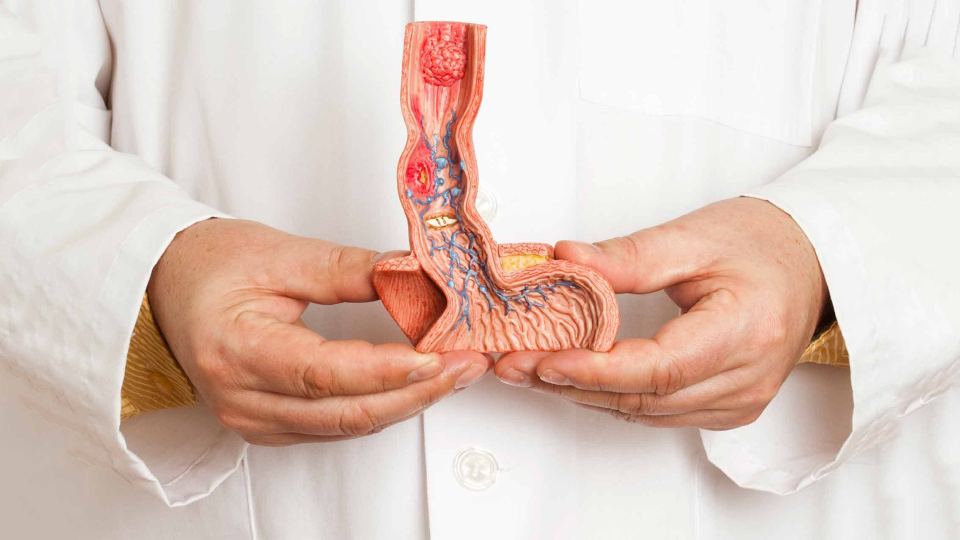
Penile Cancer Treatment
Penile Cancer Treatment
Penile cancer is a rare type of cancer that occurs in the tissues of the male reproductive organ. It usually begins in the skin or mucous membranes and can be successfully treated if diagnosed early. Modern methods such as robotic surgery provide faster recovery and a more comfortable treatment process.
Professor Gökhan Koç, a urology specialist in Izmir, employs the latest technologies in the diagnosis and treatment of penile cancer to offer patients a more effective and comfortable treatment experience. This article will discuss the symptoms, risk factors, diagnostic methods, and treatment options for penile cancer in detail.
1. Symptoms of Penile Cancer
Penile cancer may not show clear symptoms in the early stages. In advanced stages, the following symptoms may appear:
-
Thickening or color changes in the penile skin
-
A painless lump or ulcer
-
Bleeding at the tip of the penis or foreskin
-
Pain or difficulty during urination
-
Swelling of lymph nodes in the groin area
If any of these symptoms are noticed, it is crucial to consult a urology specialist for early diagnosis.
2. Risk Factors for Penile Cancer
Several factors contribute to the development of penile cancer. The main risk factors include:
-
Being Uncircumcised: Increased risk due to smegma accumulation in uncircumcised men.
-
HPV Infection: Human papillomavirus (HPV) infection increases the risk of penile cancer.
-
Smoking: Smoking is one of the factors that raise the risk of cancer.
-
Chronic Inflammation: Long-term inflammation can create a favorable environment for cancer development.
-
Advanced Age: Penile cancer generally occurs in men over 50 years old.
3. Diagnostic Methods for Penile Cancer
Various tests and imaging techniques are used to diagnose penile cancer. Main diagnostic methods include:
-
Physical Examination: Inspection of the penis and surrounding tissues for abnormalities.
-
Biopsy: Tissue samples from abnormal areas are taken and examined microscopically.
-
Imaging Techniques: Ultrasound, computed tomography (CT), and magnetic resonance imaging (MRI) are used to assess the extent of cancer spread.
-
Lymph Node Biopsy: To determine whether cancer has spread to lymph nodes.
4. Stages and Grades of Penile Cancer
The stages of penile cancer indicate the degree of tumor spread and metastasis:
-
Stage I: Cancer is confined to the surface of the penile skin.
-
Stage II: Cancer has spread into deeper tissue layers.
-
Stage III: Cancer has spread to lymph nodes.
-
Stage IV: Cancer has metastasized to distant organs.
The grade of cancer indicates how much the cancer cells resemble normal cells and plays a key role in determining treatment methods.
5. Treatment Options for Penile Cancer
Treatment varies depending on the stage, grade, overall health, and age of the patient. Main treatment options include:
Surgical Treatment
-
Removal of the tumor is the most common treatment method. Robotic surgery offers less tissue damage and faster recovery.
Medication Treatments
-
Chemotherapy: Used to kill cancer cells.
-
Immunotherapy: Strengthens the immune system to combat cancer cells.
Radiotherapy (Radiation Therapy)
-
External Radiotherapy: High-energy rays target the cancerous tissue.
-
Brachytherapy: Radioactive seeds are placed directly into the cancerous tissue.
6. Advantages of Robotic Surgery in Penile Cancer Treatment
Robotic surgery, as a minimally invasive method, offers significant benefits in penile cancer treatment:
-
Smaller incisions and less pain
-
Faster recovery and shorter hospital stays
-
Less bleeding and reduced risk of infection
-
More precise surgical intervention
Professor Gökhan Koç provides these advantages effectively, making the treatment process more comfortable and successful for patients.
7. Post-Treatment Follow-up and Lifestyle Changes
Regular follow-up after treatment is important to reduce the risk of cancer recurrence. Patients should undergo periodic medical examinations. Additionally, a healthy lifestyle supports the healing process:
-
Healthy Diet: A balanced diet rich in fruits and vegetables should be maintained.
-
Regular Exercise: Light exercise supports overall health.
-
Smoking Cessation: Smoking can increase the risk of cancer recurrence.
Conclusion
Penile cancer can be successfully controlled with early diagnosis and appropriate treatment methods. Thanks to the advantages of robotic surgery, patients recover more quickly and return to their daily lives sooner. Professor Gökhan Koç in Izmir uses the most current methods in diagnosis and treatment to provide patients with effective and comfortable care.
For more information about penile cancer symptoms, diagnostic methods, and treatment options or to schedule an appointment, please contact us.

Social Media